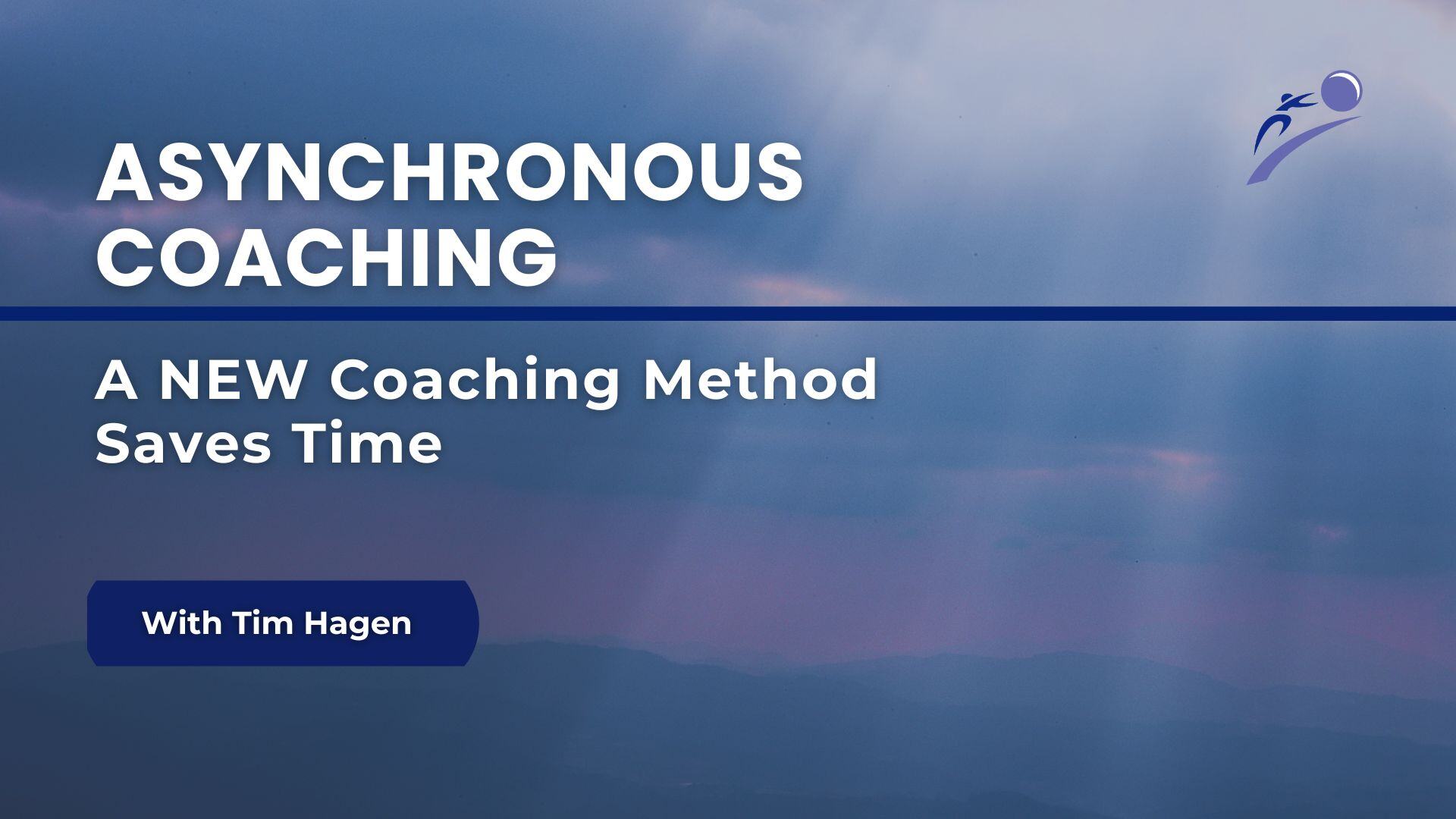How to Become an Executive Coach
Keys to Coaching Success
Being an executive coach means using methods and techniques that truly drive change in the employee’s performance. There is a misconcept that coaching is about feeling good, or earning the the title of coach. But a true executive coach knows driving performance benefits the organizations, its leaders, and most importantly, the employees. If we have high performing employees, we in turn will have ecstatic customers, and better organizational bottom lines.
Coaching allows managers and leaders to not only coach their employees but also produce results in the real world. For example, a sales person going to a seminar on closing skills is a form of traditional training. A coach would role-play as it relates to a specific prospective; therefore, if the deal is won the sales person will associate the coaching to producing real world results. This will lead people to engage more in the coaching process because they personally benefit.
How Coaching will be Successful
Coaching is successful when performance progresses. Each employee will progress in different ways. People need to realize they can always be better at something and managers must realize there is tremendous gain in employees who are developing
and progressing. The key to successful coaching is a willing participant and coach.
Steps to be taken include:
- setting expectations,
- defining desired results
- creating mutually beneficial goals.
The keys to successful coaching are quite simple:
- Create understanding of desired performance improvement
- Structure a coaching program that is consistently scheduled
- The coaching must inherently promote the simulation or practice of the desired performance
- The coach MUST recognize and reward effort for effort is required for any type of results to eventually be attained.
- The employee being coached must complete the learning assignment or the coach may interpret the lack of completion as a sign the employee in not interested din attaining better performance.







